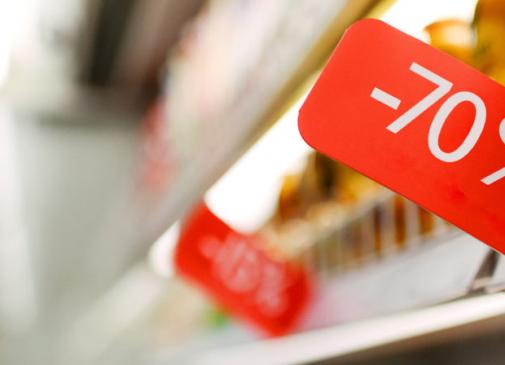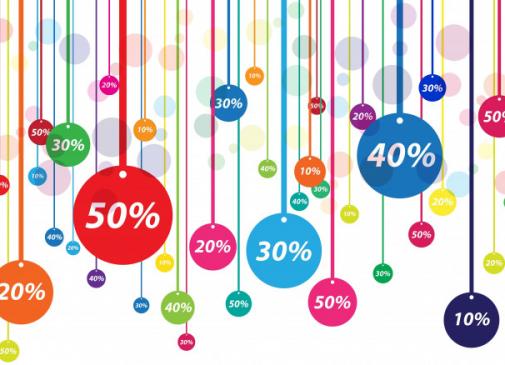Dubbed "Gen Y", Millennials will account for half of France's active population in 2020. Understanding needs and preferences of the world's first truly digital generation will be crucial to the food processing sector. Time to find out whether we really know what makes them tick.
Dubbed "Gen Y", Millennials will account for half of France's active population in 2020. Understanding needs and preferences of the world's first truly digital generation will be crucial to the food processing sector. Time to find out whether we really know what makes them tick.
According to the study Connected Life 2016 TNS-Sofres, this generation is very much into connected cooking, smart devices and kitchen appliances, as well as applications which help monitor daily food intake. Getting a better insight into Millennials' eating and buying patterns will help identify their expectations and needs, as well as anticipate future trends.
FOOD GOES DIGITAL
Experts indicate the increasing use of digital solutions by plugged-in Gen Y in the area of foodstuffs, particularly in their interaction and relations with the brands. 3D food printers created quite a buzz among Millennials, particularly the youngest ones . Importantly, young consumers' fascination with new techs affects their shopping behaviours.
PRE-COOKED MEALS, FEEL-GOOD SNACKS
Millennials' eating patterns are characterised by an increased consumption of snacks, elimination of starters and reduced consumption of cheese and desserts. A meal is now structured around a single dish, they explain. According to Kantar, aperitif is the only traditional French practice that resisted the change. How does it translate into a Millennial's shopping cart contents? Their carts are full of feel-good foods which are sugary and sweet such as cakes, flavoured beers or cappuccino. Gen Y shoppers seem equally partial to ready- made meals available in deli food department, including precooked dishes and fresh pasta, reveal analysts. A popular formula for easy to assemble meals, a mix of precooked ingredients and fresh components also gains traction among busy Millennials whose shopping baskets are full of pasta, rice and sauces.
GOING ORGANIC
Born during an environmental crisis, Millennials are fully aware of long-term consequences of certain diets on the natural environment. Bad nutritional habits also affect health, quality of life and life span. Hence a strong popularity of products free of gluten, additives, preservatives, colorants and synthetic flavourings. Gen Y favours local chains, specialized grocery stores and click & collect type of services.
Source: https://www.lsa-conso.fr/food-delivery-millennials-reseaux-sociaux-trois-opportunites-pour-l-agroalimentaire,255441










